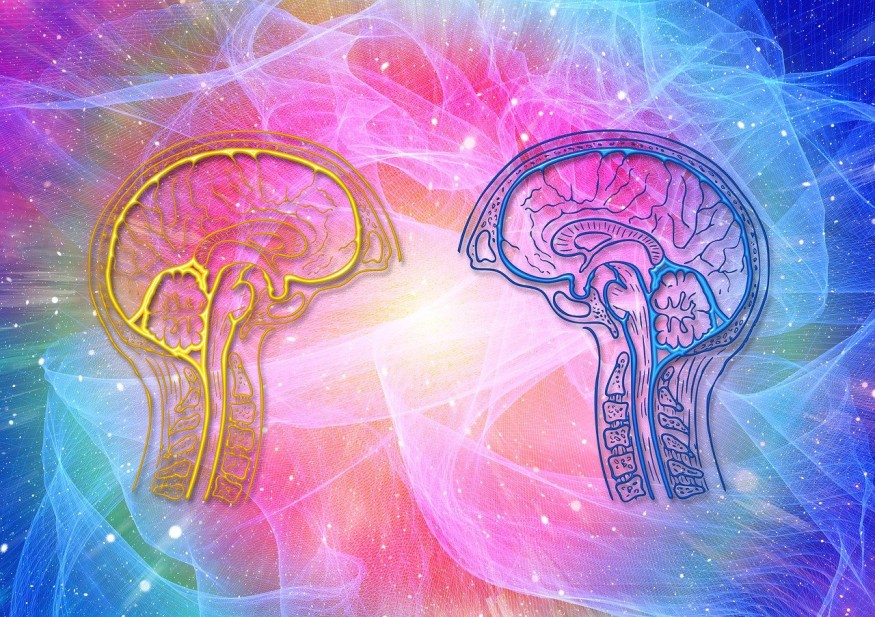In 2016, a study suggested that, much like the universe, brains could increase entropy, possibly leading to consciousness as a byproduct. Conducted by researchers from France and Canada, this study presented the notion that consciousness might naturally arise as brains enhance information content through entropy.
The ongoing quest to understand human consciousness persists, leaving questions about its source, origins, and significance unanswered. This concept introduces a fresh perspective on the relationship between the universe, brains, and human consciousness.

The Mystery of Human Consciousness
Consciousness encompasses the entire range of sensory experiences, from the persisting tune in thoughts to the delightful taste of chocolate mousse, the throbbing sensation of a toothache, the deep affection for a child, and the realization that emotions are transient.
Throughout history, scholars have grappled with the origin and essence of these experiences, often referred to as qualia, extending from ancient philosophers to modern thinkers.
Some contemporary philosophers of the mind, such as Daniel Dennett from Tufts University, confront consciousness as a perplexing anomaly in a world they consider fundamentally devoid of meaning. They either dismiss the existence of qualia or argue that it resides beyond the realm of meaningful scientific inquiry.
If this extreme perspective were valid, their essay would be brief, focusing only on why people perceive emotions. However, such arguments would offer no solace for the excruciating pain of a tooth abscess. Rejecting this radical stance, they choose a more pragmatic approach.
Most scholars accept consciousness as an inherent facet of human existence and endeavor to understand its connection to the empirical, scientific world. Meanwhile, others have redirected their attention from philosophical debates to the exploration of the physical underpinnings of consciousness, seeking to understand its connection to the empirical world and uncover the unique attributes of active brain tissue that give rise to it.
Human Consciousness as the Byproduct of Entropy
Entropy defines the shift of a system from a structured state to one of chaos just a bit like an impeccably separated egg becoming a scrambled mess, symbolizing low and high entropy, respectively.
This notion aligns with the perspective of numerous physicists concerning the Universe's progression from lower to higher entropy following the Big Bang, in accordance with the second law of thermodynamics, which requires a continual increase in entropy and, consequently, the inexorable march of time.
Applying this perspective to the human brain's connections, a team from the University of Toronto and Paris Descartes University employed statistical mechanics to model the neural networks in the brains of nine individuals, including seven with epilepsy. Their focus was the synchronization of neurons to determine if they exhibited any discernible patterns during conscious states.
Analyzing datasets comparing connectivity during sleep, wakefulness, and epileptic seizures, the researchers observed a consistent trend: increased entropy in fully conscious states.
These findings led the researchers to suggest that consciousness might be an emergent property resulting from a system's endeavor to optimize information exchange. However, the study has limitations, particularly the small sample size, making it speculative at this stage.
While intriguing, further research with a larger and more diverse group of subjects, including various brain states like anesthesia, is necessary to validate these findings.
Nevertheless, this study provides a promising starting point for exploring the relationship between brain organization and consciousness, offering a fascinating avenue for future research that underscores the interconnectedness of our brains with the broader laws governing the Universe.
RELATED ARTICLE:
Check out more news and information on the Brain in Science Times.
© 2025 ScienceTimes.com All rights reserved. Do not reproduce without permission. The window to the world of Science Times.












